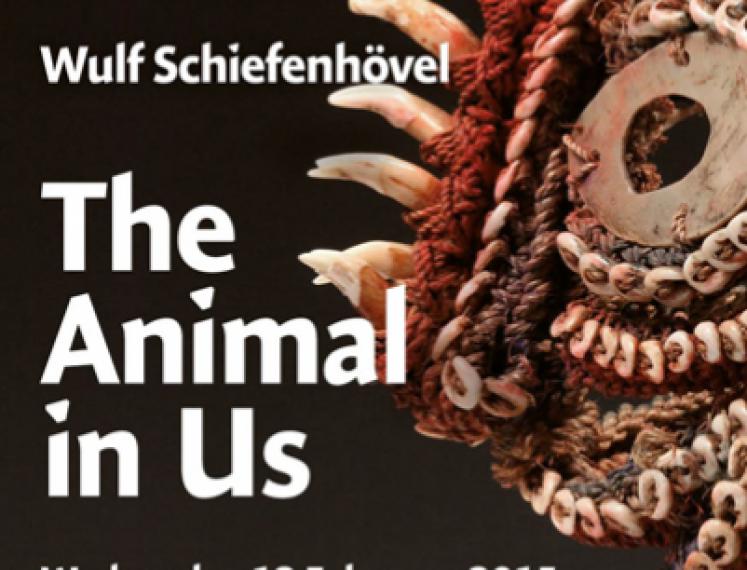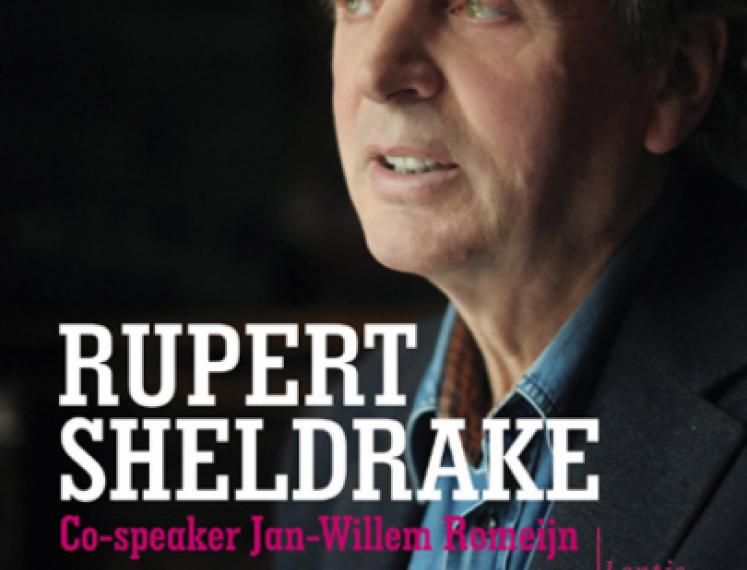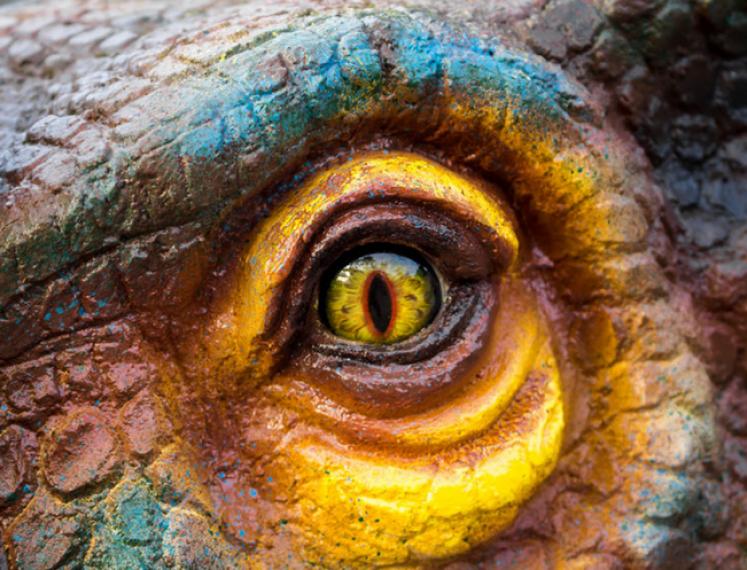
Academy Building
Broerstraat 5
Groningen
Nederland
The Animal in Us
We don’t usually see ourselves as animals. In many quarters of academia it is also not customary to see our own species as one of the other mammals and primates. Comparative evolutionary biology, an approach skilfully started by Charles Darwin in his ground-breaking book The Expression of Emotions in Man and Animals (1872), cross-cultural human ethology and similar disciplines open the mind for the view that everything humans are able to do has precursors in the abilities of our cousins in the animal kingdom. That is to say, all our properties have an evolutionary precursor. Yet, we have cognitive and psychosocial capacities, which are unique for our species. Researcher Wulf Schiefenhövel will elucidate this by building on five decades of anthropological and human ethological fieldwork in New Guinea.
Wulf Schiefenhövel is the head of Human Ethology Group, Max Planck Institute Andechs, Germany. He is the co-founder of Human Sciences Centre at University of Munich and he regularly teaches human ethology at Universities of Innsbruck and Groningen. He is a Former Fellow at Institutes of Advanced Studies in Berlin, Bielefeld Zentrum für interdisziplinäre Forschung, Collegium Budapest, and Delmenhorst Hanse-Wissenschaftskolleg, Excellence Cluster TOPOI, Humboldt University/Free University, Berlin. He is also a Guest Professor at CNRS and University of Bordeaux. Since 1965 he is involved in ongoing fieldstudies in Mainland and Island New Guinea. His research fields are: human ethology, evolutionary anthropology, evolutionary medicine, ethnomedicine, population genetics of Melanesia.
Image: Dog Tooth and Fiber Mask, Madang Province, Papua New Guinea


